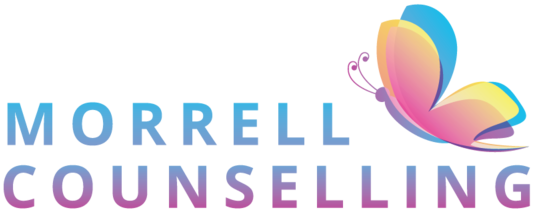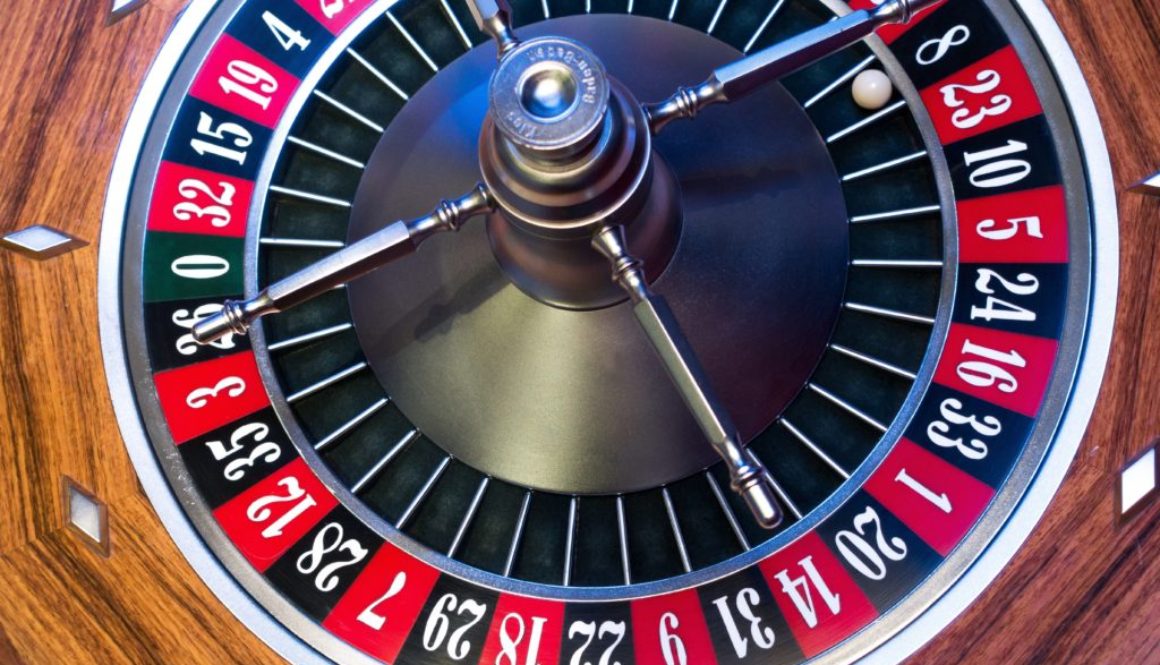Gambling Addiction Counselling
As part of my private practice I work as an affiliate counsellor for GamCare, working with Gambling addicts, their family and loved ones, to inform, help and support their recovery.
Today I’m writing about working with the people who are engaging in problem gambling. Problem gambling is relative to the individual, but regardless of the amount of money, it is a problem if it is affecting your life, your relationships and you are unable to stop.
You may have a certain image of what a problem gambler looks like. What do you imagine? The harsh reality is that this can affect people of all ages from all walks of life. Your perception of what you think a gambling addict looks like may prevent you from accepting you have a problem of your own. E.g. “I’m intelligent and have got a good job so I can’t have a gambling problem”
If you recognise that you are a problem gambler, you could contact the GamCare helpline for support on 0808 8020 133 (open between 8am-midnight) or access the website www.gamcare.org.uk
You may be referred for some counselling and have to go through an assessment to determine what kind of support will be most appropriate for you at this time.
So how might counselling help recovery from a gambling addiction? Often people access the service with an expectation that I am there to tell them off or tell them what to do. Whilst there are some programs out there that offer a set structure or program when recovering from an addiction this is not necessarily how counselling works. I am there to support the individual to understand how they have ended up where they are, to deal with the consequences they have been left with and to collaborate on developing a plan of recovery. Each set of sessions is therefore very much tailored to the individual, but there are some common themes that may crop up:
Practical advice: There will likely be some discussion around the practical elements of recovering from an addiction. For example – passing over bank cards and passwords to accounts to a partner or loved one to take control of or adding blocking software onto your computer. However, these practical blocks aren’t always enough to recover fully. Once you remove the barrier (e.g. you will at some point get frustrated at having to ask a partner/family member for money every time you need it), it’s likely that with no understanding of how it happened in the first place, it will become a problem again at some point in the future.
Understanding WHY: I think a lot of people assume the only reason people gamble is for the money, and this is not the case. Addictions can be a form of escape from reality, hiding from difficult feelings like guilt, anger, sadness or rejection. Gambling can be a means of experiencing a high so different to every day life that it seems so mundane without it. It can be a chink of light at the end of the tunnel, a small glint of hope that “if I just win x amount all my problems will be over and I’ll be happy”. There are so many different reasons why people gamble and in understanding your own reasons this can help you to avoid it happening again. For example, if we identify that you gamble when feeling sad, we can consider alternative ways of dealing with those feelings of sadness, whether that’s accessing counselling, speaking to a loved one or writing a journal.
Money: Whilst money isn’t always the focus of the work, we will more than likely consider your relationship with money in general. What does money mean to you and how did you develop those beliefs? For example, if you have grown up within a family who have a tendency to make extravagant purchases and show off their wealth, you may feel under pressure to have the same amount of money to be able to compete. Financial pressure could be part of the reasoning behind someone’s decision to gamble. Whilst it is impossible to tell people that they won’t win, it’s important to consider actually what you risk losing in continuing to chase those winnings.
Relapse: Unfortunately when dealing with addiction people often experience a cycle of their behaviours, and relapse is very much a part of that. Some clients come to Gamcare having experienced their very first big loss. Some clients access GamCare for the first time having experienced numerous losses and maybe even short portions of time where they have managed to control or stop their gambling. We will discuss the possibility of relapse occurring and try to understand what could happen in the future to trigger the gambling beginning again. Once we identify those triggers we can come up with strategies of dealing with those situations. Should you relapse it is important to learn from the mistakes that led to that relapse in the first place and make further changes. It could be easy to think with a relapse you are back at square one and unable to stop, but this is not the case.
Hopefully this has given you some idea of what may be discussed when accessing support for a gambling addiction. Obviously all counselling practitioners have their own approach and each client will have their own individual situation, so each piece of work will be entirely different.
Should you require further information on counselling for a gambling addiction, feel free to send me an email info@morrellcounselling.com or contact GamCare on 0808 8020 133 (open between 8am-midnight)

